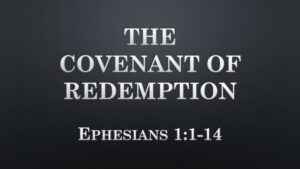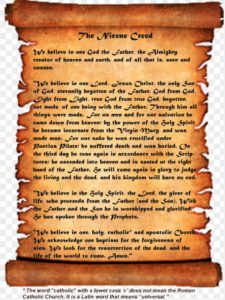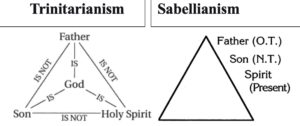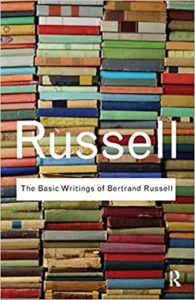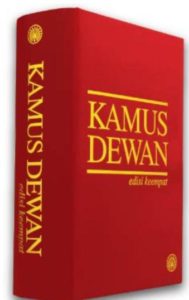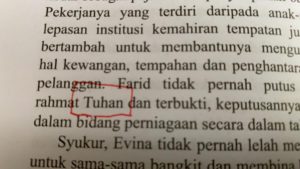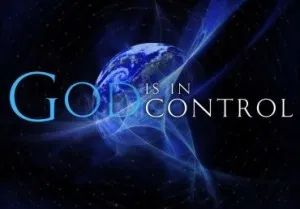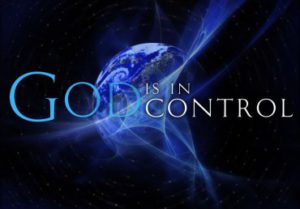
Open Theism asserts that God’s knowledge is limited knowledge and that he is unable to anticipate free human actions. However, the Bible teaches that God is omniscient and knows the heart, the innermost thoughts, desires and intentions of man.
“O Lord, you have searched me and known me! You know when I sit down and when I rise up; you discern my thoughts from afar. You search out my path and my lying down and are acquainted with all my ways. Even before a word is on my tongue, behold, O Lord, you know it altogether” (Ps. 139:1-4).
“I the Lord search the heart and test the mind, to give every man according to his ways, according to the fruit of his deeds” (Jer. 17:10).
“‘And you, my son Solomon, know the God of your father and serve him with a whole heart and with a willing mind, for the Lord searches all hearts and understands every plan and thought’” (1 Chron. 28:9a).
“O Lord of hosts, who tests the righteous, who sees the heart and the mind …” (Jer. 20:12).
“And they prayed, and said, ‘You, Lord, who know the hearts of all, show which one of these two you have chosen” (Acts 1:24).
Reading 1: Critique of Open Theism
Open Theism’s Major Claims
Open theists argue that the Christian doctrine of God was influenced by Greek thought. Theology became philosophical rather than biblical. God was seen to be impassible (incapable of suffering) and immutable. Lost was the dynamic interaction between God and the creature. In the Bible, so the argument runs, God responds to human actions and is even said to repent of what he planned. Continue reading “Concise Theological Critique of Open Theism”
